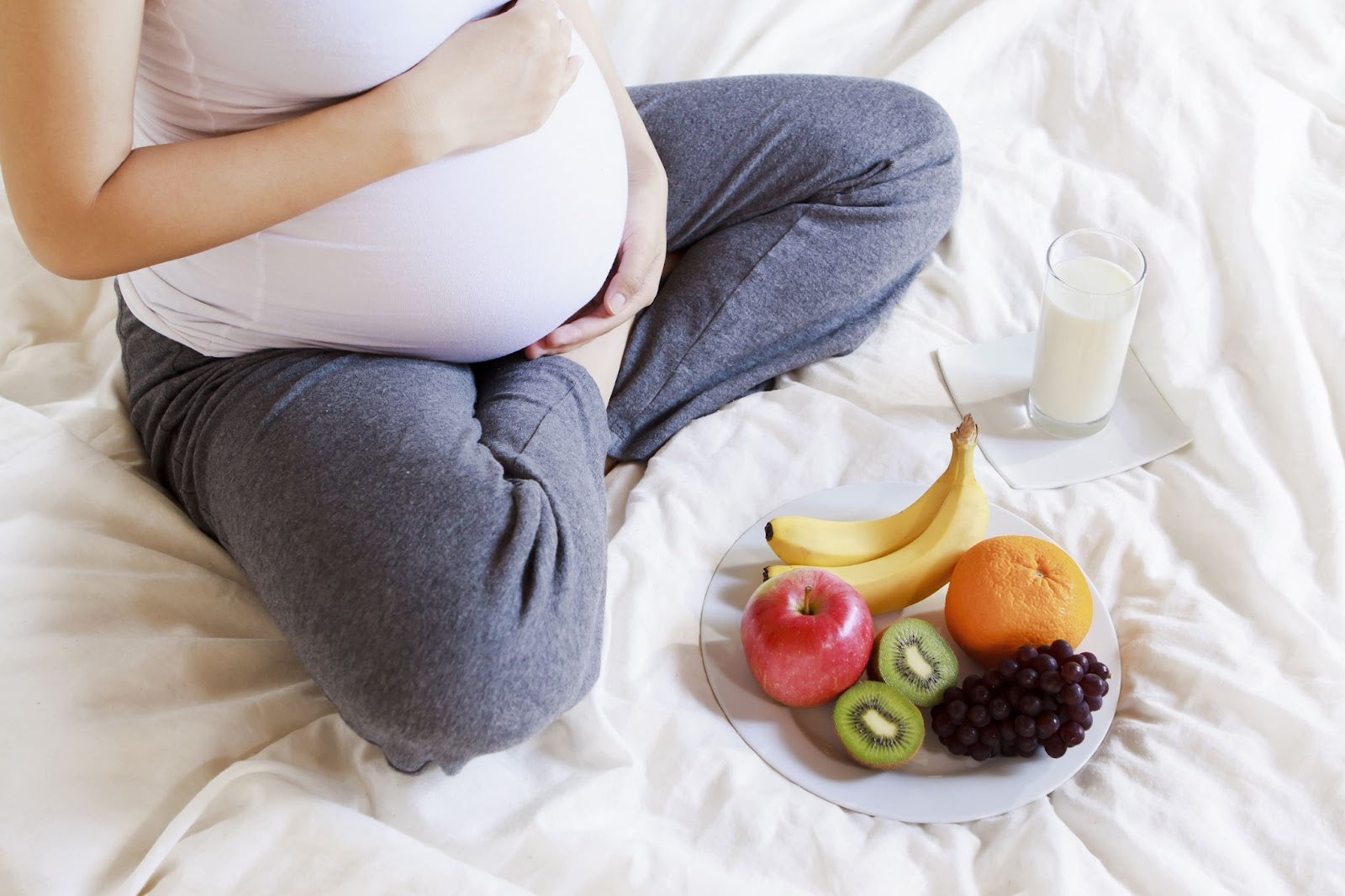Understanding the Importance of Maternal Nutrition
Your dietary requirements rise throughout pregnancy to support your child's growth and development. To ensure the mother’s and the child’s health, a well-balanced diet rich in important nutrients is crucial. A proper pregnant diet supports healthy fetal development, lowers the chance of problems, and enhances your general well-being. Let's explore the essential elements of a wholesome diet during pregnancy.Essential Nutrients for Maternal Health
- Folate and Folic Acid: Folate and folic acid are important B vitamins that support healthy brain and spinal cord development and prevent birth abnormalities. Excellent sources of folate include citrus fruits, legumes, leafy green vegetables, and fortified cereals.
- Iron: Iron promotes the development of red blood cells and shields against anemia which is frequently present during pregnancy. Include foods high in iron in your diet, such as lean red meat, chicken, fish, fortified grains, and legumes.
- Calcium: Calcium is necessary for your child's skeletal and dental growth. Among the best sources are dairy goods, fortified plant-based milk, leafy green vegetables, and calcium-enriched foods like tofu and orange juice.
- Protein: Both you and your child's tissues need protein to develop and heal. To satisfy your protein requirements, include lean meats, chicken, fish, eggs, lentils, and tofu in your diet.
- Omega-3 Fatty Acids: These good fats help the baby's brain and vision develop. Rich sources include flaxseeds, walnuts, chia seeds, and fatty seafood like salmon.
A Balanced Diet for Pregnancy
- Whole Grains: Whole grains, such as brown rice, whole wheat bread, and muesli, are a great source of fiber and minerals.
- Fruits and Vegetables: Fruits and vegetables that are still in season are a great source of essential vitamins, minerals, and antioxidants. Aim for a colorful selection.
- Lean Proteins: Consume lean meats, chicken, fish, eggs, lentils, and tofu to meet your protein needs.
- Dairy Products: Select low-fat dairy products or plant-based calcium, vitamin D, and protein alternatives.
- Healthy Fats: Include sources of healthy fats in your diet, such as avocados, nuts, seeds, and olive oil.
Hydration and Water Intake
It's important to stay hydrated during pregnancy. Water stimulates digestion, avoids dehydration, maintains amniotic fluid levels, and facilitates the delivery of nutrients. Aim to consume 8 to 10 glasses of water each day. If drinking plain water is difficult, try infusing it with fruit or switching to herbal teas.Managing Pregnancy Discomforts with Nutrition
- Morning Sickness: Choose small, frequent meals and take peppermint or ginger to eliminate the nausea. Morning sickness might be relieved with bland, readily digested meals like crackers or pretzels.
- Heartburn: Steer clear of spicy, oily, or acidic meals since they might cause heartburn. Choose to eat more frequently but more slowly. Multiple little meals throughout the day can also be calming.
- Constipation: Eat more fiber-rich foods, including fruits, vegetables, and whole grains, and drink plenty of water to avoid constipation. Maintaining regular bowel motions can also be facilitated by regular physical exercise.
Foods to Avoid When Pregnant
Pregnant women should restrict or avoid eating certain foods because they offer risks:- Raw or undercooked meat and seafood can carry dangerous germs or parasites.
- Soft cheeses and unpasteurized dairy products can contain germs like Listeria.
- Salmonella can be present in raw eggs and meals containing raw eggs.
- Alcohol and high caffeine intake should be strictly avoided since they can both harm fetal development.



